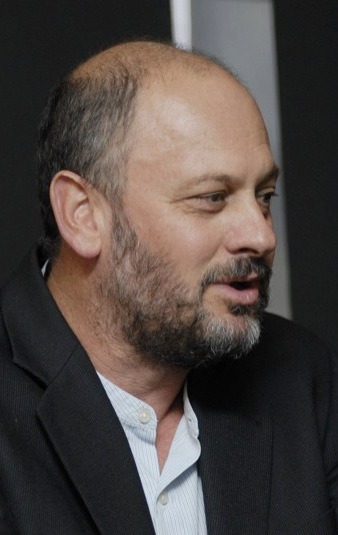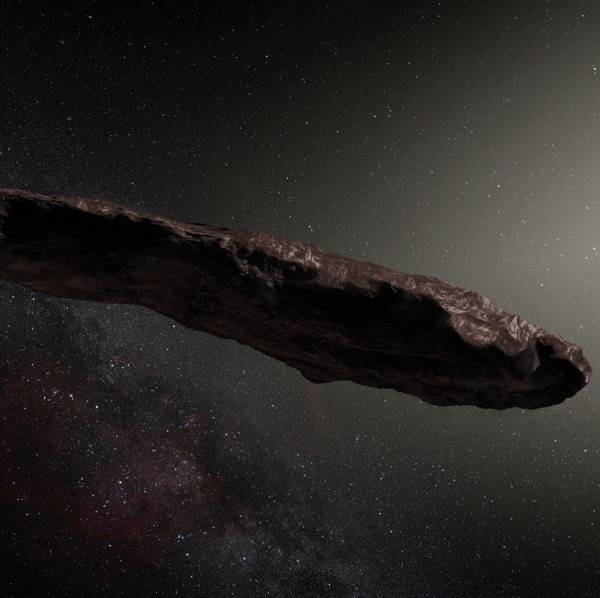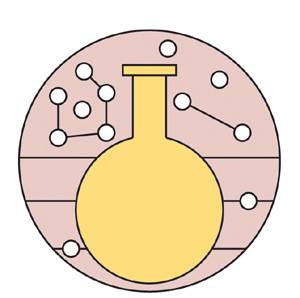
Tim Flannery is an Australian author and environmentalist. His bestselling book, "The Weather Makers: Our Changing Climate and What it Means for Life on Earth", first published a decade ago, told the story of the Earth's climate and how it has changed over time. His latest, "Atmosphere of Hope: Searching for Solutions to the Climate Crisis" (Penguin Special) proposes a way out of the current global political deadlock over our response to climate change.
Why did you decide to write this book?
It took me a decade after writing The Weather Makers to pen a sequel. I could see little cause for hope until around 18 months ago, when I began to understand that it might be possible in future to draw CO2 out of the atmosphere at a scale that could make a difference to the future climate.
How close are we to it being "too late" to make the changes required to get off the current worst-case trajectory we are on?
The vital Paris climate meeting [which begins on 30 November] is coming very late in the day. The greenhouse gases we've already emitted will cause temperatures to 1.5 degrees above the pre-industrial average in the next few decades, and it is unlikely that we can cut emissions fast enough to avoid 2 degrees. That means a world without a Great Barrier Reef, to mention just one casualty.
Your book is titled Atmosphere of Hope - yet on the face of it, the situation seems bleak. Where is the hope?
The hope comes from a number of things. The first is that climate change is a lived experience for most of us. Wherever I go, I find that people have the will to change. Secondly, it looks like humans decoupled economic growth from emissions growth in 2014. This is far sooner than almost anyone dared hope. Thirdly, a group of technologies and methods that I call the Third Way have the potential to draw CO2 out of the atmosphere.
By 2050 I estimate that they may be drawing 40 per cent of current annual emissions out of the atmosphere. They have the potential to help deliver us onto a safe climate pathway.
What would you like to see governments do to tackle climate change?
Make a strong agreement in Paris to reduce emissions fast and hard. To foster innovation and development of Third Way technologies. To work on protecting vulnerable people and ecosystems.
Is there the political will to take this concerted action?
We will soon know.
What can concerned individuals do in the meantime? Can these individual actions make a difference?
There is a huge amount individual can do, from divestment to voting for the right people, to legal action and protest. We need it all.
As a climate expert, is it frustrating to see the way that debates about climate change often play out in the media?
In the mainstream media, yes. But there is a huge amount happening on social media.
What is the best response to "climate change deniers" who often get a lot of media prominence?
They can be infuriating, but are a minority. My advice is don't waste energy on them. Put your energy into action to create change.

